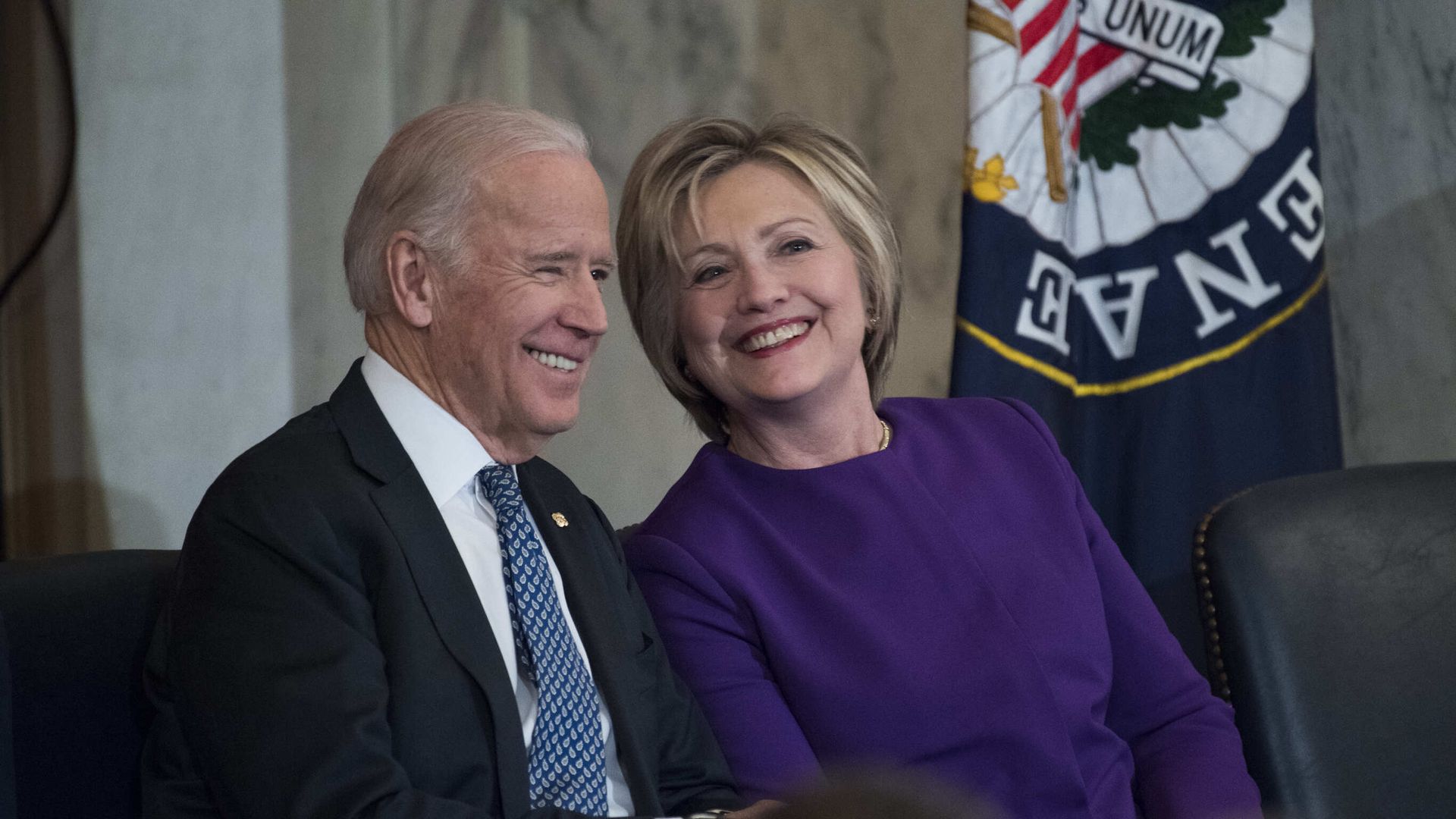BANGOR — Tobacco use continues to be the leading cause of preventable death in the United States, accounting for approximately 30 percent of all cancer deaths. While fewer people are smoking cigarettes and smoking rates have drastically dropped in the country during the past several decades, an estimated 34.2 million people in the US still smoke.
For this year’s Great American Smokeout on Thursday, Nov. 17 the American Cancer Society is reminding people who smoke to use this day to consider committing to a tobacco-free and smoke-free life year-round, especially people who are at increased risk for severe illness from COVID-19. The ACS has hosted the Great American Smokeout since 1976 as a public awareness event to encourage people to quit smoking and this has been held annually on the third Thursday of November.
Smoking rates in the US declined from 42 percent in 1965 to 13.7 percent in 2018, but the gains are inconsistent, and some groups continue to smoke, or smoke more heavily than others. Each year, more than 55 percent of people in the U.S. who smoke, try to quit. However, only about 7 percent who try to quit succeed, in part because of lack of access to smoking cessation resources and support. While quitting smoking can be difficult, people can increase their chances of success if they have a plan, including nicotine replacement therapy, or other FDA-approved medications and counseling.
Amy McClary, RN BSN, nurse navigator, Lung Cancer Screening Program, Northern Light Eastern Maine Medical Center, says “the Great American Smokeout is a good time to quit smoking, or make a plan to quit smoking. We know that once a person quits, the benefits are almost instantaneous. Within 20 minutes of quitting a person’s heart rate and blood pressure go back to the normal limits. If you are wanting to quit, or are ready to quit, there are resources available. Reach out to your healthcare provider today, or contact the Maine Quit Link at 1-800-QUIT-NOW for more resources and support.”
It’s never too late to quit. For more information and support visit cancer.org.
To learn more about the Northern Light Lung Cancer Screening Program, visit northernlight.org/emmclung or call 207-973-5822.







